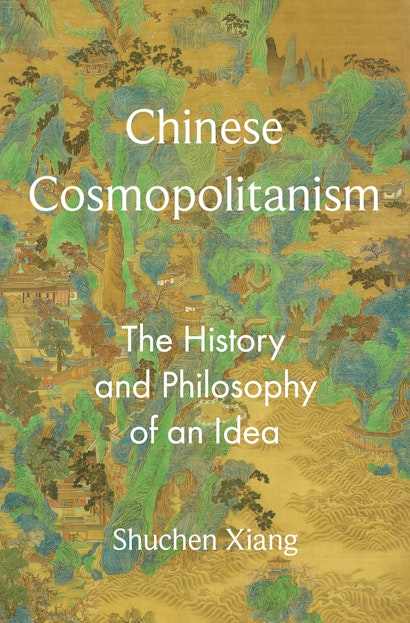Historically, the Western encounter with difference has been catastrophic: the extermination and displacement of aboriginal populations, the transatlantic slave trade, and colonialism. China, however, took a different historical path. In Chinese Cosmopolitanism, Shuchen Xiang argues that the Chinese cultural tradition was, from its formative beginnings and throughout its imperial history, a cosmopolitan melting pot that synthesized the different cultures that came into its orbit. Unlike the West, which cast its collisions with different cultures in Manichean terms of the ontologically irreconcilable difference between civilization and barbarism, China was a dynamic identity created out of difference. The reasons for this, Xiang argues, are philosophical: Chinese philosophy has the conceptual resources for providing alternative ways to understand pluralism.
av福利社 the Author
Shuchen Xiang is the Mount Hua professor of philosophy at Xidian University, China. She is the author of A Philosophical Defense of Culture: Perspectives from Confucianism and Cassirer, the coeditor of The Islamic-Confucian Synthesis in China, and the translator of History of Chinese Philosophy Through Its Key Terms.

